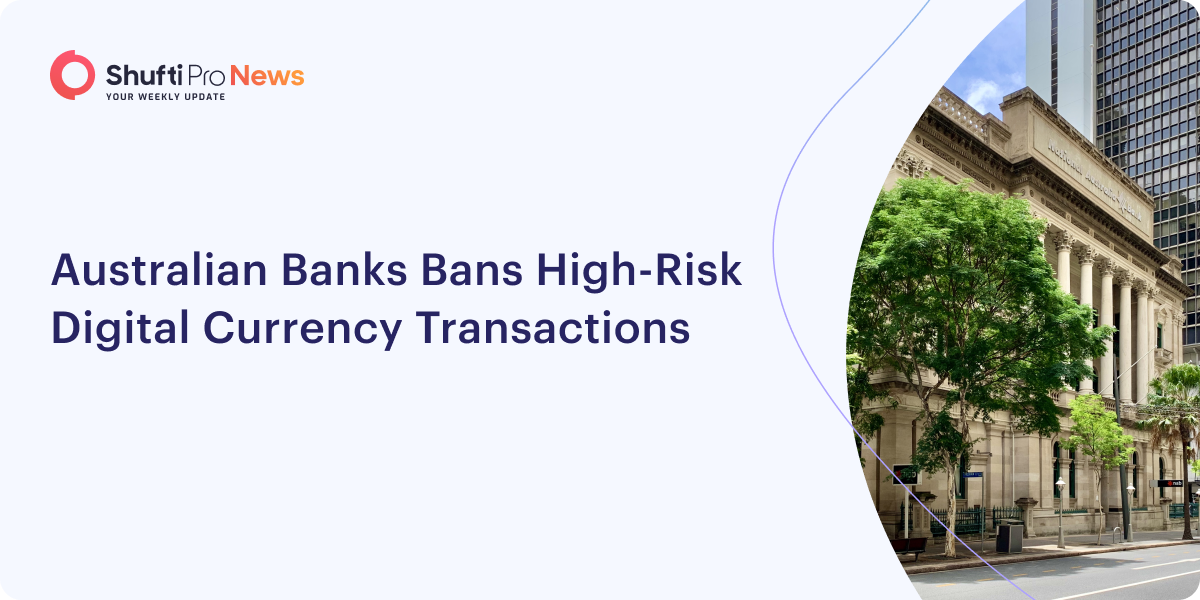Australian Banks Ban High-Risk Digital Currency Transactions

Australian banks, Bendigo and Adelaide, have banned high-risk digital transactions to protect their 2.3 million customers from financial crimes and to curb money laundering as a source of virtual assets.
According to the Australian government, investors have lost $3.1 billion in fake investing opportunities. The banks said the ban on high-risk digital asset exchanges protects customers from investment scams and bolsters the integrity of the national ecosystem security.
This ban will also affect the process of instant payments through digital assets exchange. The bank’s head of fraud prevention, Jason Gordon, said this action might result in “some friction to certain genuine payments.” Bendigo Bank said they would ban the transaction through a “combination of factors”, but their spokesperson declined to specify any action plan clearly. They also refused to disclose the specific transactions exchange that this ban will directly impact.
Bendigo is not the first bank to announce a ban on high-risk payment transactions to crack down on digital assets scammers. Three of the four largest banks in Australia, Westpac, National Bank of Australia and the Commonwealth Bank, have also announced such bans in recent months. Major payment plans are joining the action plan and implementing digital transaction bans. They are restricting digital currency platforms from utilising their services.
Cuscal, the digital currency transfer platform owned by Mastercard, urges all virtual asset platforms to declare they have adequate anti-fraud systems. A spokesperson of Zepto, the Cuscal banking partner, stated, “We are committed to working with our [crypto exchange] customers to understand the extent (if any) of gaps between existing systems, processes and controls and the new requirements to help develop a reasonable transition plan.”
The Australian digital currency industry is outraged by the latest regulations. CEO of the Australian digital asset exchange Dan Rutter, mentioned, “I’m not sure how much fraud protection there will be asking us to hold customer money for 24 hours, even after we’ve done all the identity checks. We’ll have to see how it goes.”
Suggested Reads:
NEW YORK FEDERAL RESERVE SUED BY PUERTO RICAN BANK FOR BLOCKING SERVICE IN VENEZUELA
SIX MEN ARRESTED IN HONG KONG FOR US$22.4 MILLION IN FRAUD
UAE ESTABLISHES ANTI-MONEY LAUNDERING BODIES TO ENHANCE GLOBAL MONITORING

 Explore Now
Explore Now













